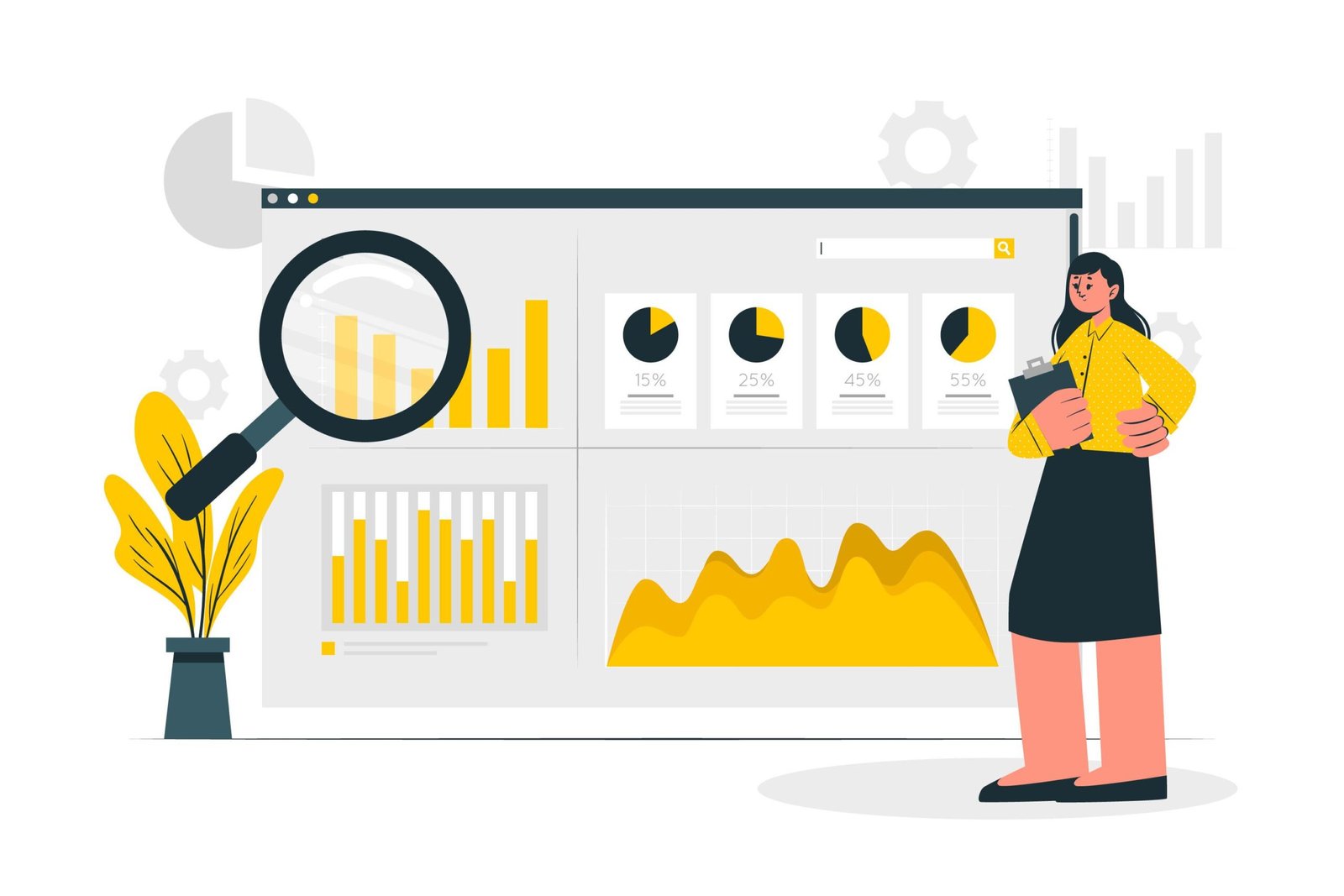
Manmeet Singh
- November 22, 2024
- 4 min read
- Marketing Automation
- Blog
I. Introduction
II. The Power of Marketing Automation in Lead Conversion
III. Key Ways Marketing Automation Specialists Optimize Conversion Rates
IV. Leveraging Data for Better Conversion Outcomes
V. Ensuring Consistency in Lead Conversion Efforts
VI. Conclusion
I. Introduction
Converting leads into customers is vital to business growth, and a Marketing Automation Specialist brings the expertise to streamline and optimize this process. By harnessing automation, data analysis, and targeted engagement strategies, they elevate conversion rates, delivering higher ROI through smarter, data-driven customer interactions.
II. The Power of Marketing Automation in Lead Conversion
Marketing automation is a game-changer for lead conversion. Through automated scoring, segmentation, and follow-ups, businesses can nurture leads with precision at every funnel stage. Automation reduces manual workload and enhances the customer experience by delivering timely, relevant content, which significantly increases conversion potential.
III. Key Ways Marketing Automation Specialists Optimize Conversion Rates
- Automating Lead Qualification and Prioritization: Specialists implement lead capture and scoring systems that assess behavior—like pages viewed and actions taken—to determine purchase readiness. This enables the sales team to focus on high-potential leads, maximizing conversion efficiency.
- Segmenting for Targeted Campaigns: Effective segmentation groups leads by behavior, demographics, or previous interactions. Specialists use these insights to build personalized campaigns that address specific interests, increasing engagement and moving leads closer to conversion.
- Nurturing Leads with Workflow Automation: Automated workflows keep leads engaged by delivering content that aligns with their journey stage. These workflows, including targeted emails and content recommendations, ensure consistent touchpoints that build trust and drive conversion.
IV. Leveraging Data for Better Conversion Outcomes
- Analyzing Lead Behavior for Insights: Data analysis is essential. Specialists monitor metrics such as click rates and engagement levels to identify effective strategies and areas needing adjustment. This continuous refinement optimizes campaigns, leading to higher conversions.
- A/B Testing and Optimization: A/B testing helps fine-tune elements like subject lines, CTAs, and messaging. By identifying the most effective combinations, specialists enhance campaign impact, ensuring that each interaction is optimized for conversion.
V. Ensuring Consistency in Lead Conversion Efforts
- Automated Follow-Ups for Timely Engagement: Automated follow-ups, triggered by specific lead behaviors, ensure that no lead is overlooked. This timely engagement shows value and maintains momentum, improving conversion rates.
- Building Long-Term Relationships: Automation extends beyond initial conversion. By delivering consistent, tailored content, specialists foster loyalty, turning one-time leads into repeat customers, which strengthens brand affinity and drives long-term growth.
VI. Conclusion
A Marketing Automation Specialist at Code & Peddle is pivotal in optimizing lead conversion, using automation, data, and targeted engagement to convert leads more effectively. Their expertise not only drives immediate conversions but also builds long-term customer relationships, making them an essential asset in any growth-oriented marketing team.
The following posts may interest you –
FAQs
Marketing automation helps increase conversion rates by delivering personalized and timely content to leads, optimizing lead scoring and prioritization, and ensuring consistent follow-ups that keep potential customers engaged.
Lead scoring assigns a value to each lead based on their actions and engagement level, helping teams prioritize high-potential leads. This allows sales teams to focus on leads most likely to convert, improving efficiency and conversion rates.
A/B testing compares different campaign elements—like subject lines, CTAs, or images—to see which performs better. This testing helps fine-tune campaigns, ensuring each element is optimized to drive conversions.
Personalization tailors messages based on a lead's preferences, behavior, or stage in the customer journey. This targeted approach increases relevance, engagement, and the likelihood of conversion by addressing specific needs and interests.
Data analysis allows specialists to track campaign performance, such as click-through rates and engagement metrics. This data helps identify effective tactics and areas for improvement, enabling continuous optimization of lead conversion strategies.
















